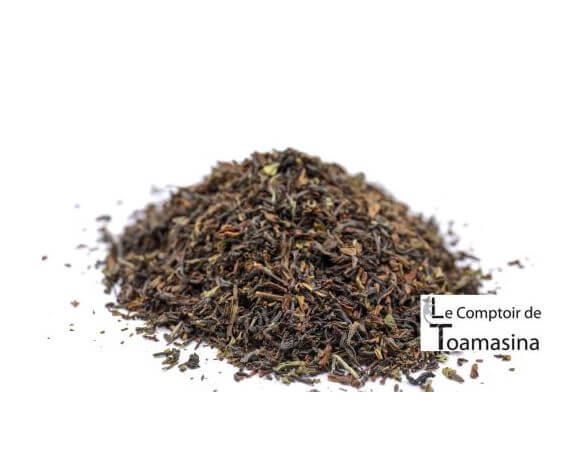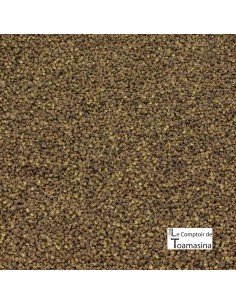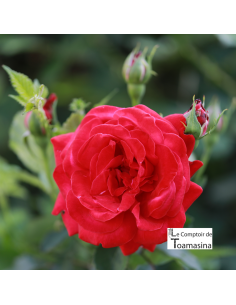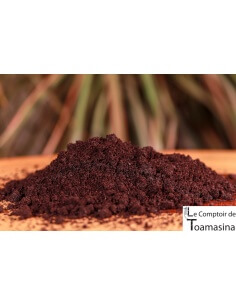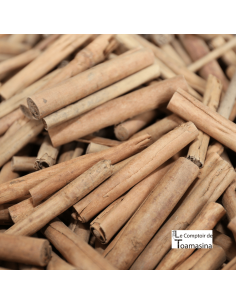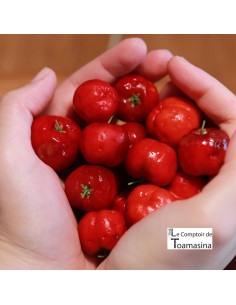Darjeeling tea is an exceptional black tea from the Darjeeling district in the Indian state of West Bengal. Darjeeling is said to be a black tea because it is a little fermented and cannot be called green tea.
Here is a complete overview of its origin, culture and manufacturing process:
Origin and Climate
Located in the foothills of the Himalayas in northeast India, Darjeeling benefits from a unique climate which contributes to the superior quality of its tea. The region receives approximately 309 cm of annual precipitation, and its cool temperatures and mountain breezes create ideal conditions for growing tea. Altitude, which varies between 600 and 2,000 meters, also plays a crucial role.
History
Tea was introduced to the region by the British in the early 19th century, with the first plantations established by Arthur Campbell, a British surgeon, in 1841. Campbell imported tea seeds from China and began cultivation in the mountains from Darjeeling. Over time, Darjeeling tea has gained worldwide fame for its quality and distinctive taste.
Culture
The tea gardens of Darjeeling cover an area of 19,000 hectares, spread over seven main valleys. These gardens have English, Indian or Nepali names, reflecting the history and cultural diversity of the region. Women, mainly from Nepalese communities, harvest tea leaves by hand. The picking is done at dawn, while the dew is still present, in order to preserve the quality and flavor of the leaves.
Manufacturing process
Darjeeling tea is made using traditional and meticulous methods. After picking, the tea leaves are aired overnight to dry slightly. Then they are carefully rolled without breaking and then left to oxidize for a specific period of time. Finally, the leaves are dried over fire to reduce their moisture content to around 2%. The tea is then sorted and packaged for export.
Features
Known for its delicate flavor, Darjeeling tea is often described as having muscat, floral or fruity notes. It is generally consumed without sugar or milk, allowing its refined taste to be fully enjoyed. Darjeeling tea is considered one of the finest teas in the world, and its difficult cultivation and artisanal manufacturing process make it a valuable and expensive product.

